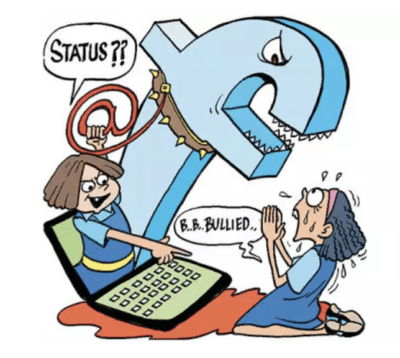City council elections in Iowa City bring out personal attacks. Sadly, it always happens, and it usually happens to everyone on the ballot.
Notably, the attacks take different forms, depending on the ideology of the candidate. Attacks against candidates further to the left are the most common. But they’re also the most likely to come wrapped in various pieties about ‘Iowa Nice’ or ‘civility.’ They often involve tsk-tsking someone for social media posts.
That takes us to our latest installment. Both candidates in our upcoming election face criticism for their social media posts. But only one candidate faces attacks couched in the language of ‘civility.’ Attacks against the other candidate have focused on policy (though those are often overdone, and at times confirm Godwin’s Law).
So, what happened?
A variety of right-leaning Democrats – including a duo of an unpopular former mayor and a feckless state legislator, among others – launched a vicious, manipulative campaign against a left leaning city council candidate over his social media accounts. And after the candidate in question trounced their preferred candidate in a primary, some of them re-upped the attacks with all the urgency of desperate upper middle class hand-wringing.
With this incident in mind, I’d like to ask the question of when this sort of thing is OK. When can we attack a candidate for their social media posts?
An Aside
First of all, I’m setting aside the issue of success.
In fact, these attacks usually fail. Most people dismiss it as ‘playing politics.’ Voters tune it out.
At worst, the attacks even backfire against the preferred candidate of the person making the attacks. In the case I cited above, the attacks motivated more people to vote in the primary for the candidate under attack than against him. The state legislator got a lot of push back on his own social media account over his role in it. He saw which way the wind was blowing and wisely stepped back.
In other words, if you think you can make these attacks because they win elections, you’re probably wrong. So, let’s set that aside for a moment.
I see two things that should be in place before it’s OK to criticize a candidate for social media posts.
When it’s OK to Criticize
First, the social media posts should be an actual reason why you’re not voting for the person. You should be voting against the candidate, at least in large part, because of the social media posts you’re criticizing.
This was clearly missing in the Iowa City city council criticisms. The former mayor, for instance, is deeply involved in the housing industry. He has material interests at stake in the election, and he’s voting based on those interests. At heart, the guy is a class warrior for landlords and developers, and against working people. And he finds that the other guy better meets his needs.
I’m not arguing anyone out of being a class warrior. Just let us know that’s what you’re doing. Voters, of course, knew this, and so they didn’t listen to him. His lack of authenticity shone through. People got that he was just saying what he thought they wanted to hear, all wrapped up in ‘civility’ talk.
Second, the attacks should be scrupulously accurate. They should represent the candidate’s actual views.
Again, in the Iowa City city council race, this condition wasn’t in place. A person – widely believed to be the spouse of one of the people making the criticism – scrolled through a decade of a candidate’s social media accounts. They put together a cherry picked selection of posts that obviously misrepresented his views on guns. Then they put it on social media.
Not only does that kind of move just about always fail, it’s also a shitty, lousy thing to do. It’s manipulative and gross. It makes the person doing it look far worse than the person they’re doing it to.
A Guide
So, there we have it. We can put this into a two question guide.
In short, if you’re thinking about whether to attack a candidate for their social media posts, ask yourself these questions: Am I really voting against this person because of what I read on their social media accounts? Am I presenting their social media account in an accurate way?
In our recent case in Iowa City, most of the people making the criticism should’ve answered: No. No.
So, don’t do it.

Leave a Reply